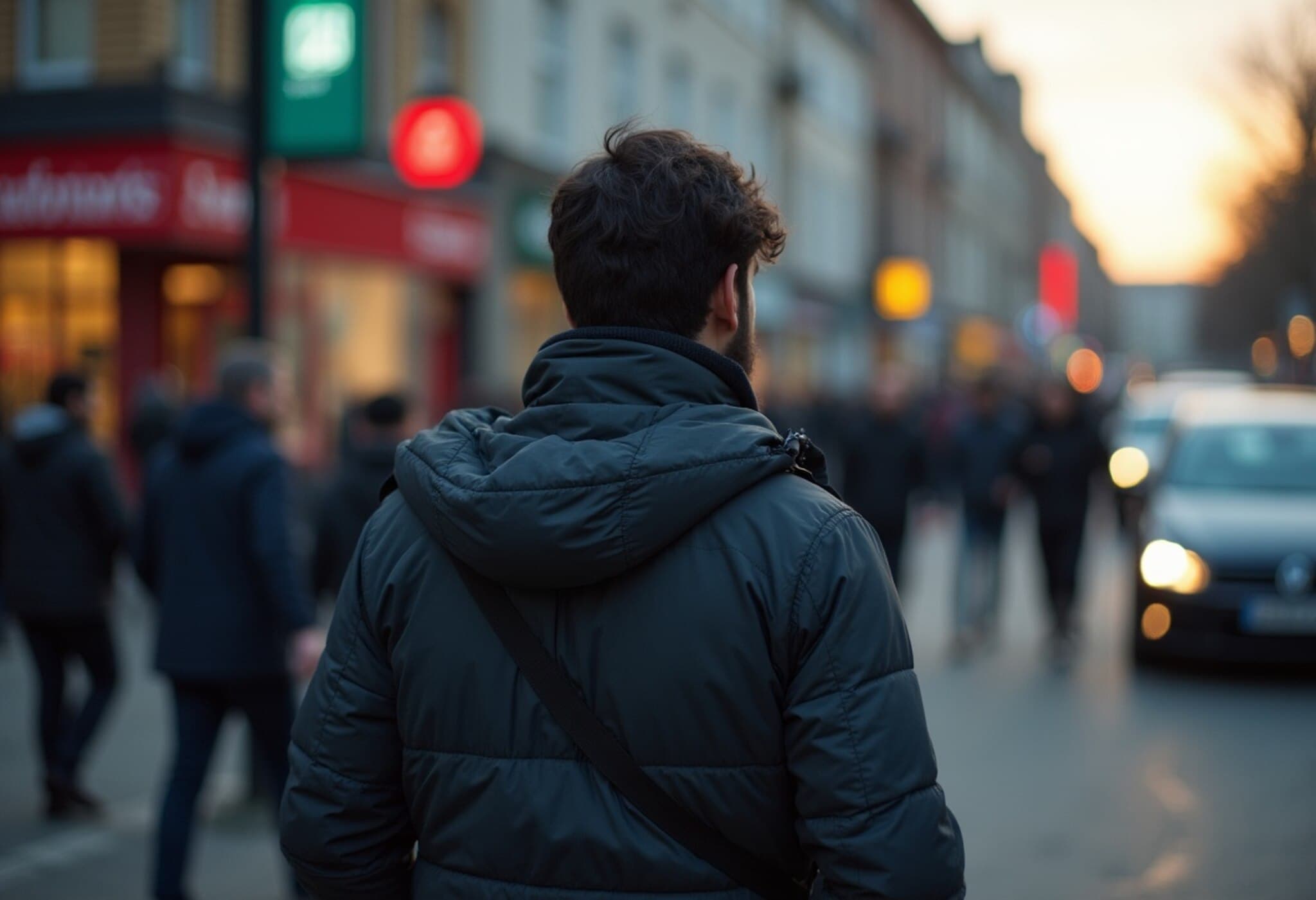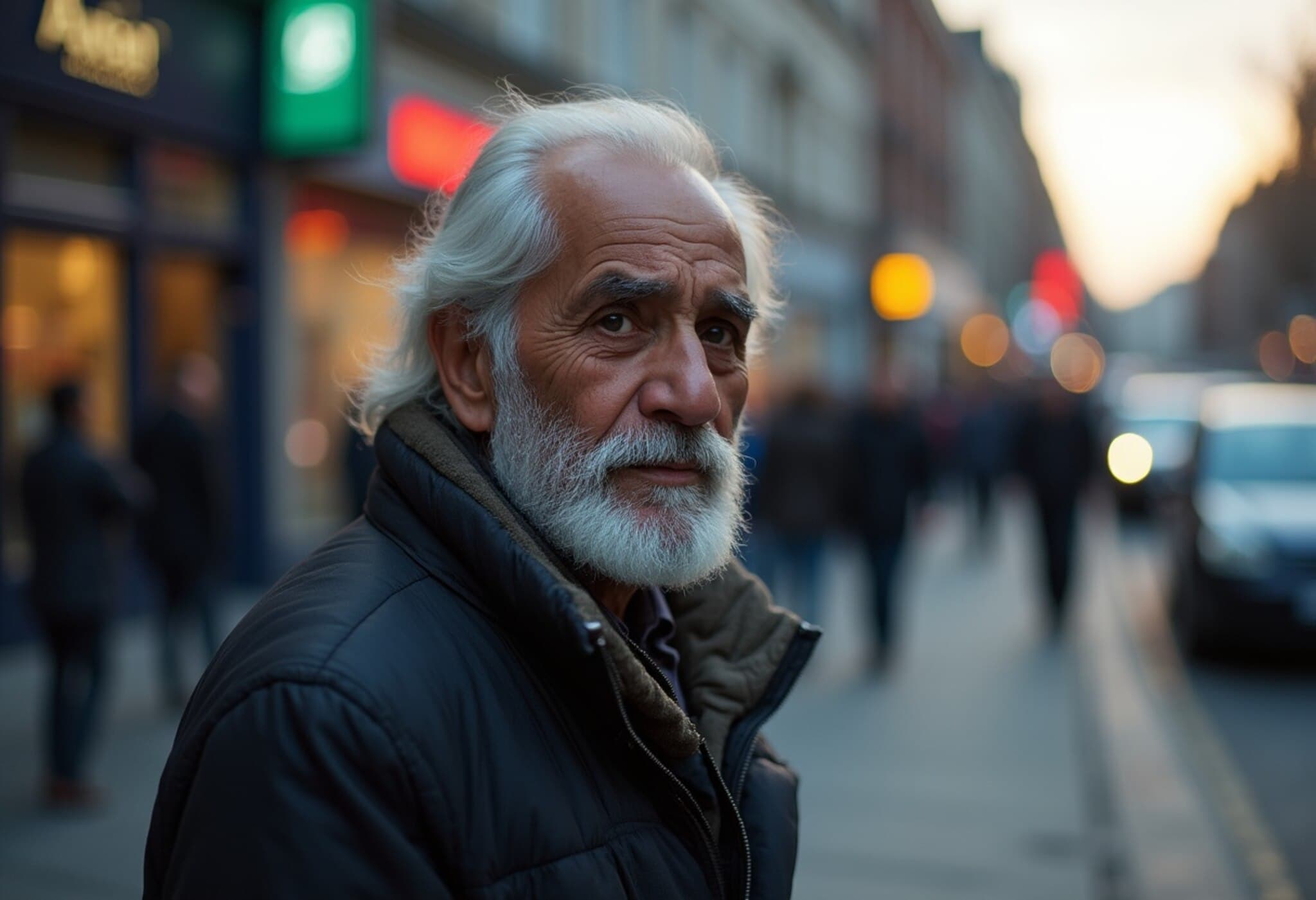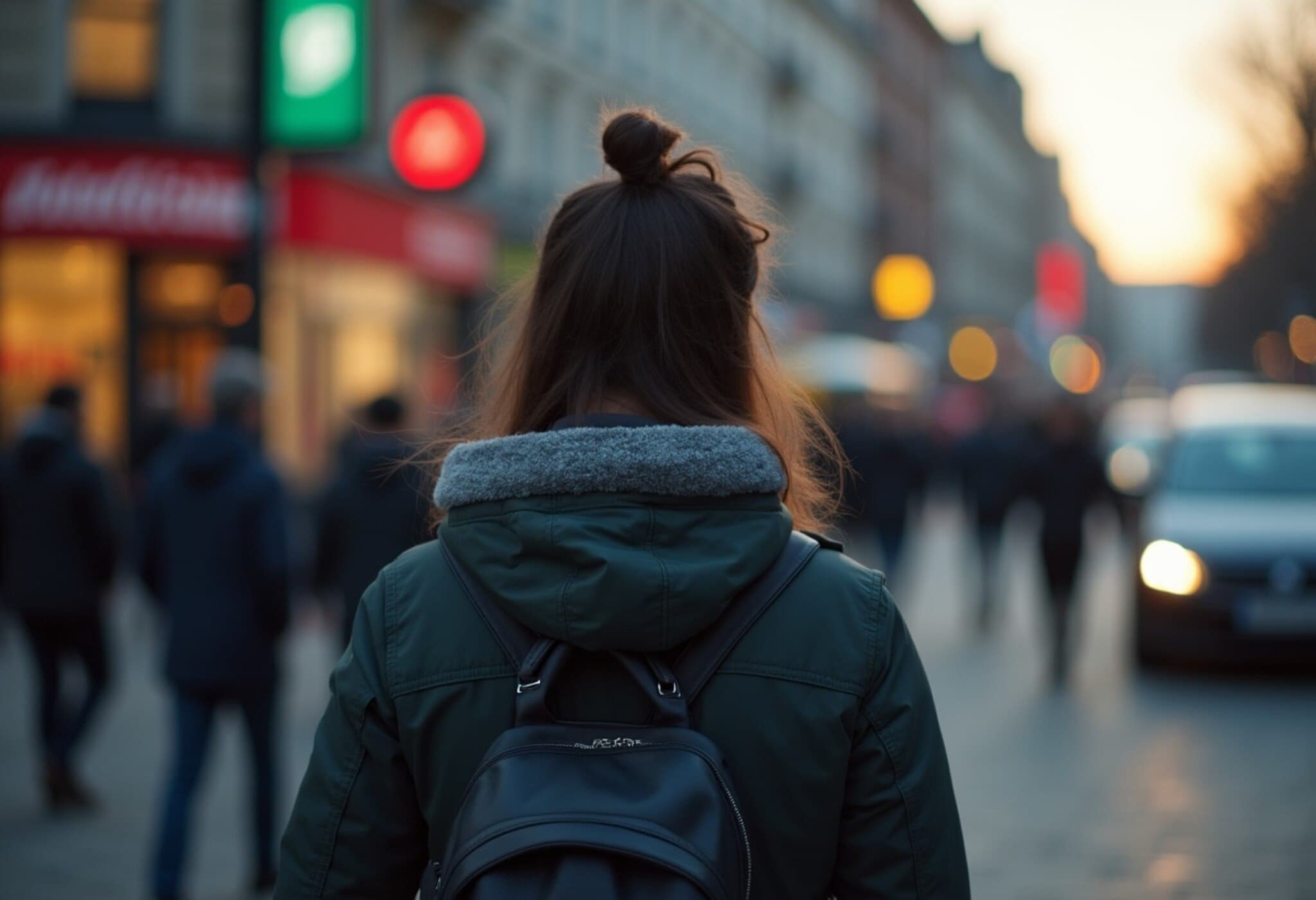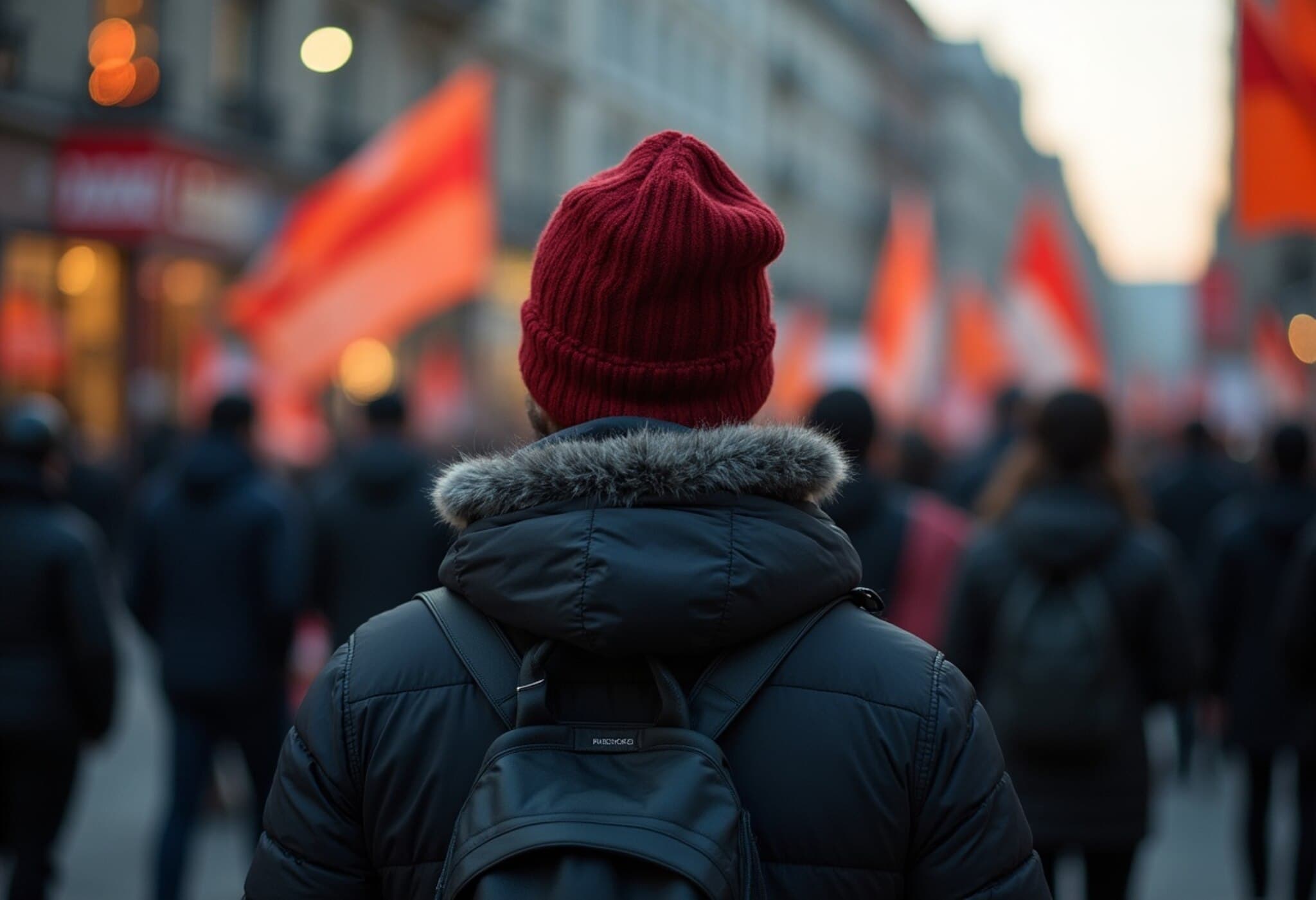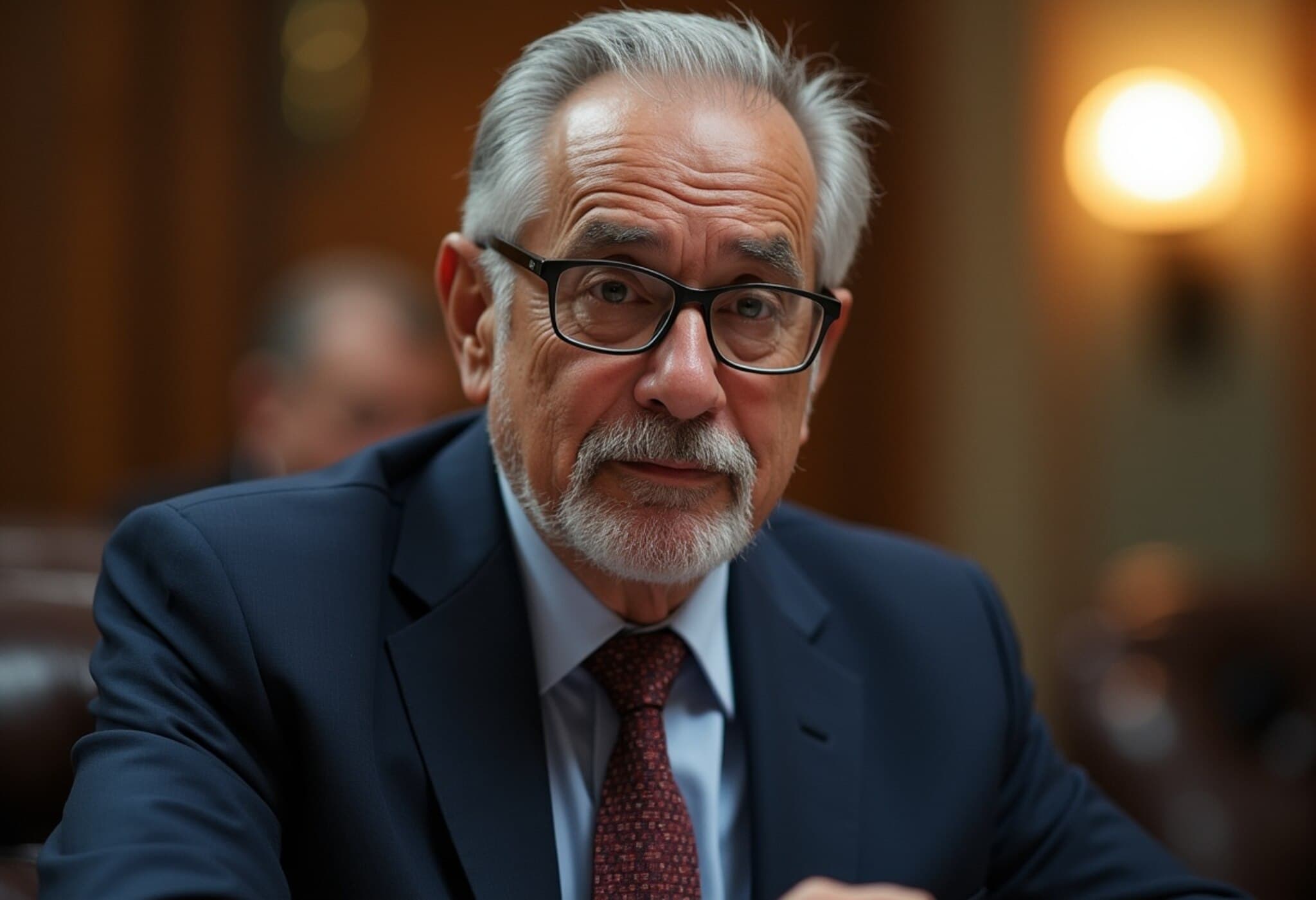Indian Embassy in Ireland Issues Safety Advisory Amid Surge in Racist Attacks
In response to a disturbing increase in racially motivated assaults targeting Indian nationals, the Indian Embassy in Ireland has issued a public advisory urging its community members to exercise heightened caution and prioritize their personal safety.
Advisory Highlights: Avoid Isolated Areas and Stay Vigilant
Shared on social media platform X, the Embassy's advisory specifically recommends that Indian nationals avoid deserted or poorly lit areas, particularly during late-night hours. The statement underscores the necessity of taking "reasonable precautions" to safeguard against potential attacks.
Official Embassy Statement: "There has been an increase in the instances of physical attacks reported against Indian citizens in Ireland recently. The Embassy is in touch with the authorities concerned of Ireland in this regard. At the same time, all Indian citizens in Ireland are advised to take reasonable precautions for their personal security and avoid deserted areas, especially in odd hours."
To assist the community, the Embassy provided critical contact information for emergencies:
Phone: 08994 23734
Recent Incidents Spark Alarm
The advisory follows several heinous incidents, notably a violent assault on a 40-year-old Indian man in Tallaght, a suburb of Dublin. Jennifer Murray, an Irish woman who aided the victim, described the attack in a video shared on July 20, emphasizing its racial undertones.
She revealed, "At least four Indian men and another man have been facially stabbed by this gang of teenagers in the last four days in Tallaght. How many of you knew that or saw it on the news?" The victim was subjected to a brain scan and remains profoundly traumatized by the assault.
In a similarly alarming incident, Santosh Yadav, aged 32, was brutally attacked near his Dublin apartment by six teenagers, sustaining a fractured cheekbone and multiple injuries. Yadav expressed grave concerns over the escalation of racially charged violence against Indians in the region.
Advocacy Groups Highlight Systemic Challenges
Migrant and immigrant advocacy organizations have spotlighted these attacks as part of a broader pattern of hate crimes, emphasizing systemic obstacles in victim reporting and law enforcement response.
Teresa Buczkowska, CEO of the Immigrant Council of Ireland, remarked, "While the Indian community appears to be a specific target, such violent acts are not limited to them alone. There is an urgent need for adequate police training on hate crimes to build trust and encourage reporting among minority communities." She criticized the current gaps in police preparedness, which hinder effective responses and exacerbate community vulnerabilities.
Contextualizing the Issue: Ireland’s Social Climate and Immigrant Safety
Ireland’s reputation as a welcoming and multicultural society is being tested as these incidents come to light. With a growing Indian diaspora, particularly in urban centers like Dublin, the surge in racially motivated violence raises critical questions about community integration, social cohesion, and the effectiveness of law enforcement in protecting minority groups.
These attacks also reflect broader challenges across Europe, where immigrant communities often face xenophobia and violence, spotlighting the urgent need for comprehensive policies that address not only enforcement but also education and community dialogue.
What Can Indian Nationals and Other Immigrants Do?
- Stay informed: Keep updated through official channels like the Indian Embassy and local authorities.
- Avoid risky areas: Avoid deserted or poorly lit neighborhoods, especially during nighttime.
- Report incidents promptly: Use available emergency contacts and support organizations.
- Engage with local community groups: Participation in neighborhood watch programs or immigrant support networks can provide additional safety.
Conclusion: Striking a Balance Between Caution and Community Resilience
The recent spike in racially motivated attacks against Indians in Ireland underscores the necessity for vigilance without surrendering to fear. While safety advisories serve as critical immediate measures, they must be coupled with sustained efforts by Irish authorities and communities to foster inclusivity and protect vulnerable groups.
The road ahead involves not only addressing symptoms like violence but also confronting the societal roots of racism and xenophobia, ensuring that Ireland’s diverse communities can thrive securely and with dignity.

